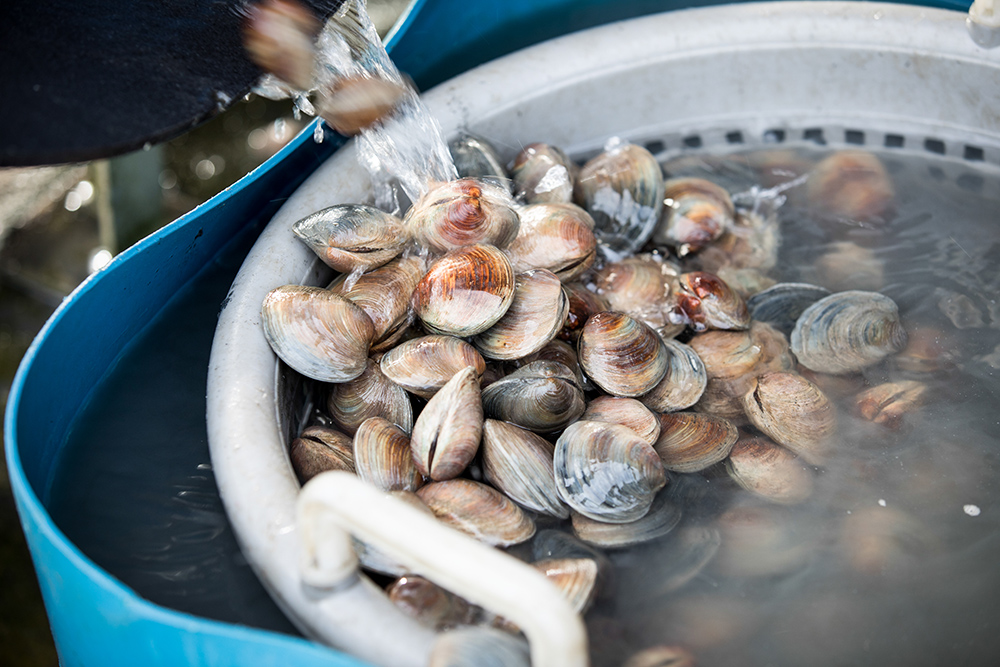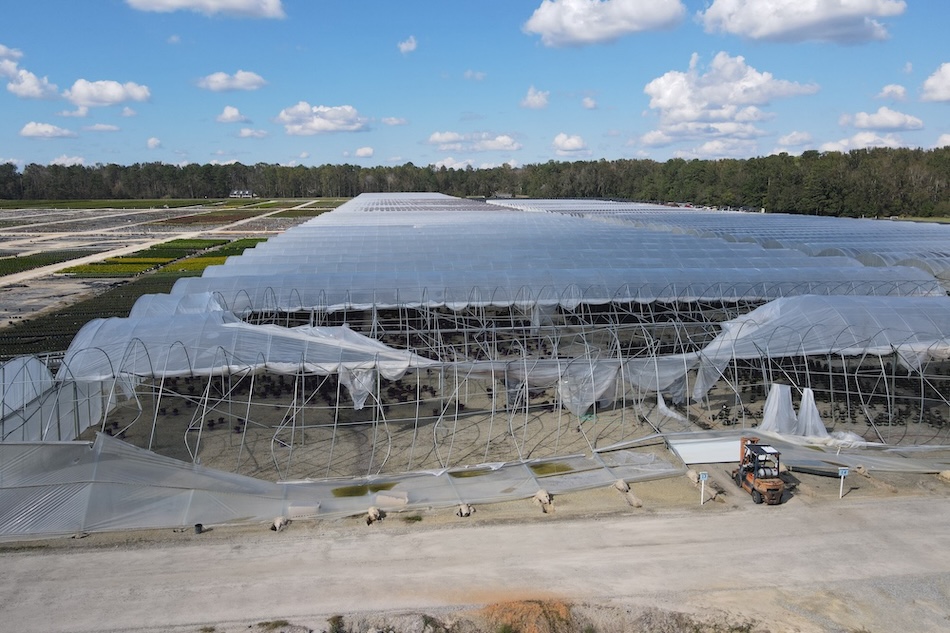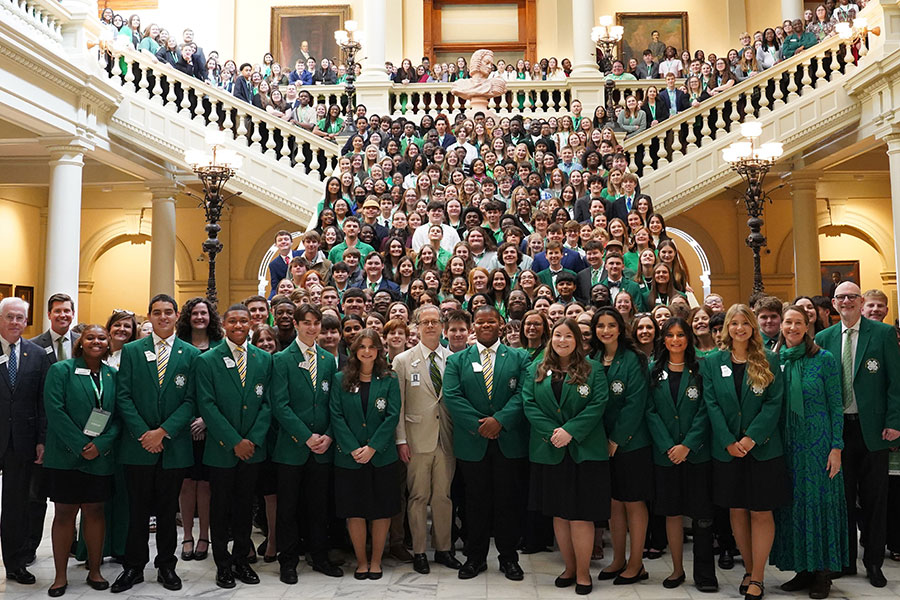Ok, I admit it. The “sustainability” movement in agriculture makes me uncomfortable at times. I bet most seasoned ag folks out there understand what I’m talking about.
The concept of sustainability has been poorly defined and intertwined with organic agriculture, and more recently, the locally grown movement. Nothing against those parts of agriculture, but to me, agricultural sustainability has to be bigger than that.
It’s unfortunate that most of us in the ag business get labeled as for or against sustainability when no one really even knows what it means.
We have to avoid getting caught up in trying to label specific agricultural practices as either sustainable or not and think in terms of long-term economic stability, rural economic development, improved quality of life and less dependency on inputs like fuel and fertilizer.
The harsh reality of our world is that agriculture has to find a way to feed 8, 9 or even 10 billion people in the near future. Mineral deposits are being depleted, fossil fuels are getting more expensive, urbanization continues to gobble up our best land and soils continue to wash out to sea. We have no choice but to figure this out.
Some people view the popular concept of sustainability as the pie-in-the-sky ideal of well-meaning advocates who don't always see the big picture and sometimes wind up slowing progress toward the real goal. The polarizing debate often distracts from the real issues at hand.
Agricultural sustainability is serious business. It will take all of us working together to find solutions, and history will judge us on how well we meet the challenge.
In the University of Georgia College of Agricultural and Environmental Sciences, we have people making progress in defining sustainability and identifying indicators of sustainability in Georgia’s agricultural systems and ultimately forming a consensus on common goals.
The CAES department of crop and soil sciences is making the concept of sustainability come to life with the Future Farmstead Project in Tifton. The home will be an electronic control center for operations all over the farm, increasing efficiency and promoting better management decisions. This will give future farmers a better chance to be profitable year in and year out and will give future farm families an opportunity for a quality rural life.
Georgia farmers can be positioned to capitalize on markets for organic or locally grown foods, but regardless of the marketing, farms have to be sustainable. I’m all for that.
Although the details may vary from person to person, we ALL want sustainability. We all want agriculture to remain a viable industry in Georgia, and we all want to preserve the quality of life that rural agriculture offers.
There is much more to do, but if we can come to a consensus about what we want agriculture to look like in the future, I’m confident that CAES can make significant contributions to that goal and help mold that future into an agricultural legacy we will be proud to leave to future generations.

.jpg)
1.jpg)





